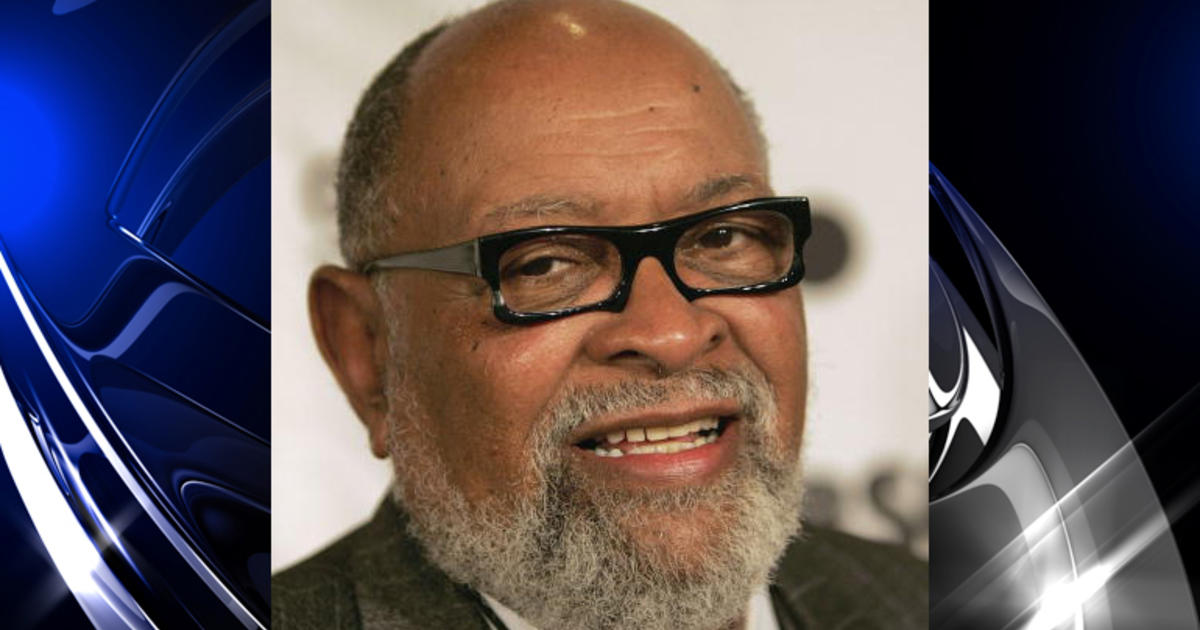Disgraced Theranos Founder Elizabeth Holmes Criminal Trial Set For Summer 2020
SAN JOSE (CBS SF) -- A federal judge ordered Theranos founder Elizabeth Holmes to stand trial in the summer of 2020 on fraud charges which could earn her up to to 20 years in prison and millions of dollars in fines.
U.S. District Court Judge Edward Davila said Friday that the much anticipated Holmes trial will begin on July 28, 2020 with attorneys expected to begin presenting evidence on Aug. 4, 2020.
Holmes has been charged with felony conspiracy and fraud for allegedly misleading investors, corporate partners and patients with claims about her allegedly revolutionary blood testing equipment.
A grand jury indicted she and her former boyfriend and Theranos president Sunny Balwani on 11 criminal counts of wire fraud and conspiracy to commit wire fraud. The pair also could face fines totaling $2.75 million each.
The 35-year-old Holmes dropped out of Stanford to found Theranos in 2003 and soon became the darling of Silicon Valley accumulating a personal wealth once estimated in the billions.
Theranos was a private health care and life sciences company with the stated mission to revolutionize medical laboratory testing through allegedly innovative methods for drawing blood, testing blood and interpreting the resulting patient data.
Holmes and Balwani signed up both Safeway and Walgreens into agreements to use Theranos testing equipment inside clinics within their stores.
Balwani, 53, of Atherton, was employed at Theranos from September of 2009 through 2016. At times during that period, Balwani worked in several capacities including as a member of the company's board of directors, as its president, and as its chief operating officer.
According to the indictment, Holmes and Balwani used advertisements and solicitations to encourage and induce doctors and patients to use Theranos's blood testing laboratory services, even though the defendants knew Theranos was not capable of consistently producing accurate and reliable results for certain blood tests.
The tests performed on Theranos technology, in addition, were likely to contain inaccurate and unreliable results.
The indictment alleges that the defendants used a combination of direct communications, marketing materials, statements to the media, financial statements, models, and other information to defraud potential investors.
Specifically, the defendants claimed that Theranos developed a revolutionary and proprietary analyzer that the defendants referred to by various names, including as the TSPU, Edison, or minilab.
The defendants claimed the analyzer was able to perform a full range of clinical tests using small blood samples drawn from a finger stick. The defendants also represented that the analyzer could produce results that were more accurate and reliable than those yielded by conventional methods—all at a faster speed than previously possible.
The indictment further alleges that Holmes and Balwani knew that many of their representations about the analyzer were false.
The defendants allegedly represented to investors that Theranos had a profitable and revenue-generating business relationship with the United States Department of Defense and that Theranos's technology had deployed to the battlefield -- a claim that was false.
The Securities and Exchange Commission brought civil fraud charges against Holmes and Balwani. Holmes settled with the SEC, agreeing to pay $500,000 in fines and penalties. Balwani, 53, is fighting the charges.
© Copyright 2019 CBS Broadcasting Inc. All Rights Reserved. The Associated Press contributed to this report



